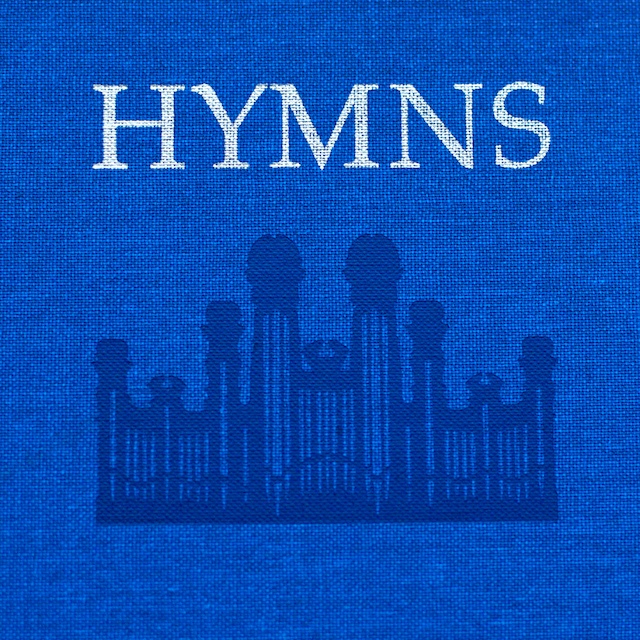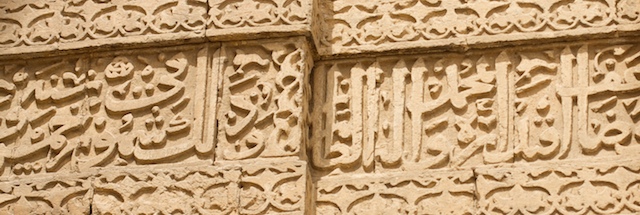Author: Robert R
-

Church + Music = Fun
Music is a wonderfully enriching part of church life, both in worship services themselves and in church culture generally. It’s a blessing in many, many ways—including ways that are light-hearted and fun. Forgive me, then, for sharing the following not-so-serious and rather random stories with a musical twist. (1) The ward where I grew up…
-

Appreciating the Qur’an
The several parallels between the Book of Mormon and the Qur’an have been noted before: the Qur’an serves as proof of Muhammad’s prophethood, an additional (although superseding) witness of the Bible’s God and salvation history, the source of devotional reading and instruction for believers. It is central to the piety of Muslims and commands their…
-
Reflections on the Islamization of Knowledge
The historical grandeur of Islamic intellectual achievement has been both a blessing and a burden for modern Muslims. There is, on the one hand, a great and justified sense of pride in the accomplishments of the giants of the tradition—the Sibawaihs, Ibn Sinas, Ibn Haythams, and Al-Ghazalis.
-
Old School Scripture Mastery
Although Moroni was anxious about the Nephites’ “weakness in writing,” he does note that the Nephites were able to “speak much,” and that their spoken words were “powerful and great” (see Ether 12:23–27).
-

Tales from My Fathers
My paternal grandfather, Marc Ricks, is 98 years old. He was born in September 1910, just a few months after President Hinckley.
